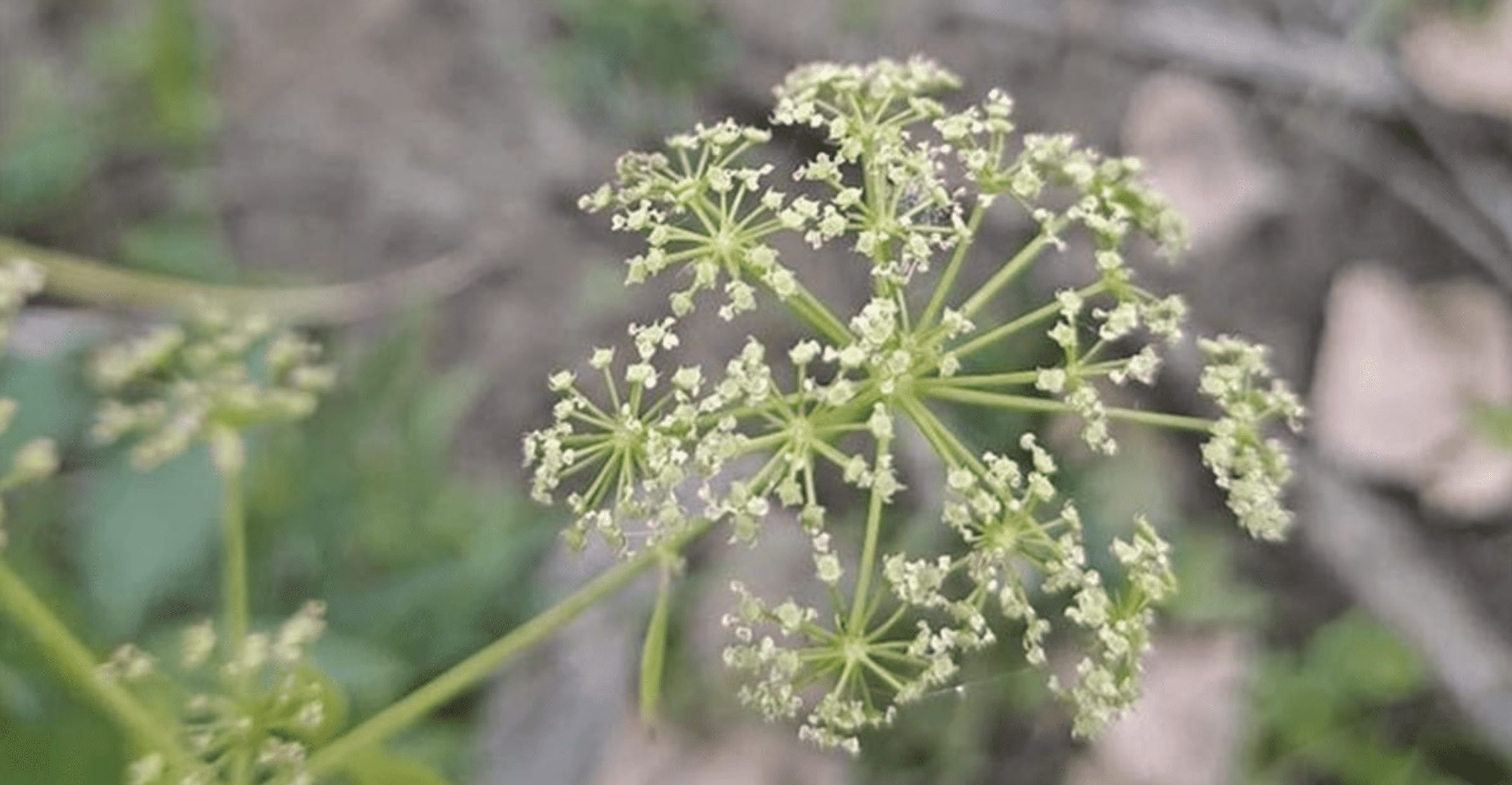Water hemlock plants (cicuta maculata) have been found growing around White Rock Lake, Dallas Park & Recreation announced. Reaching anywhere from 1.5 to 3 feet tall, the plant produces small, white flower clusters which make it resemble parsnip or parsley. Unlike the latter, however, water hemlock produces a toxin that can be deadly if ingested.
Dallas urban biologist Brett Johnson warned residents, “If a person or even a pet were to consume it in order to ingest it, it can cause strong convulsions and can be fatal.”
American ethnobotanist H. D. Harrington has remarked that the water hemlock plant “has gained the reputation as being the most poisonous plant in the North Temperate Zone.” It can be found throughout the North American continent.
Parks and locations frequented by visitors in the area near White Rock Lake include Lakewood Park, the Bath House Cultural Center, the White Rock Lake dog park, the White Rock Boat Club, and the Dallas Arboretum and Botanical Garden.
Dallas Park & Recreation Department responded last week by spraying the plants with the glyphosate herbicide “Rodeo” in order to kill the plants. Nonchemical means of removal, including pulling or mowing, were deemed either ineffectual or too dangerous to department personnel.
While the treatment plan should terminate the infestation, Park & Recreation officials will continue to monitor the area for several weeks to ensure that the plants are dead and that the toxic roots have been completely neutralized.
People afflicted with water hemlock poisoning experience roughly a 30% mortality rate. The U.S. Forest Service lists symptoms including “delirium, nausea, convulsions, abdominal pain, seizures, and vomiting.”
If exposed to water hemlock, Dallas Parks & Recreation instructs residents to contact a Poison Control Center for immediate treatment. The North Texas Poison Center is located in Dallas, but dialing 1-800-222-1222 will provide callers with immediate information regarding help and treatment.






